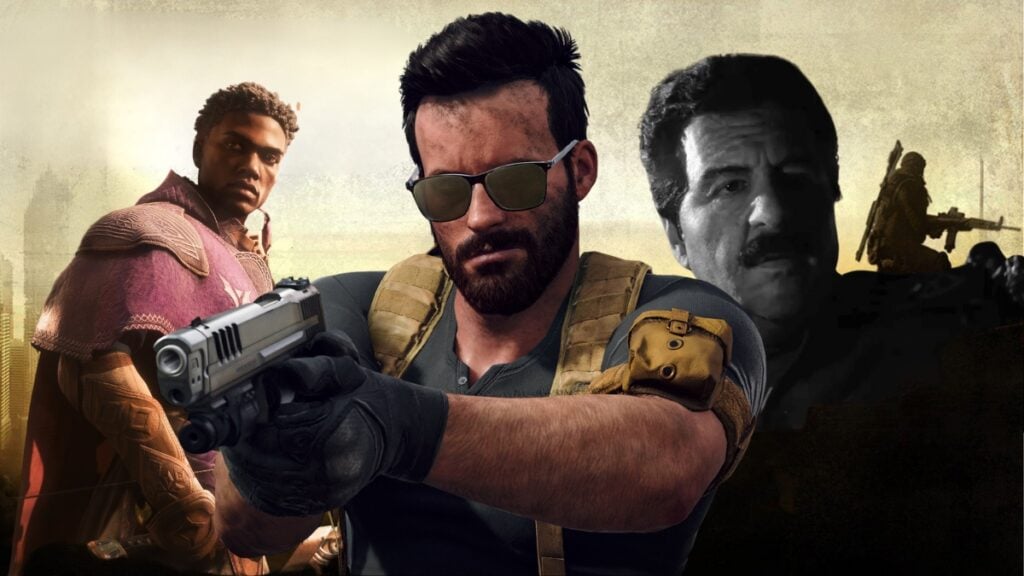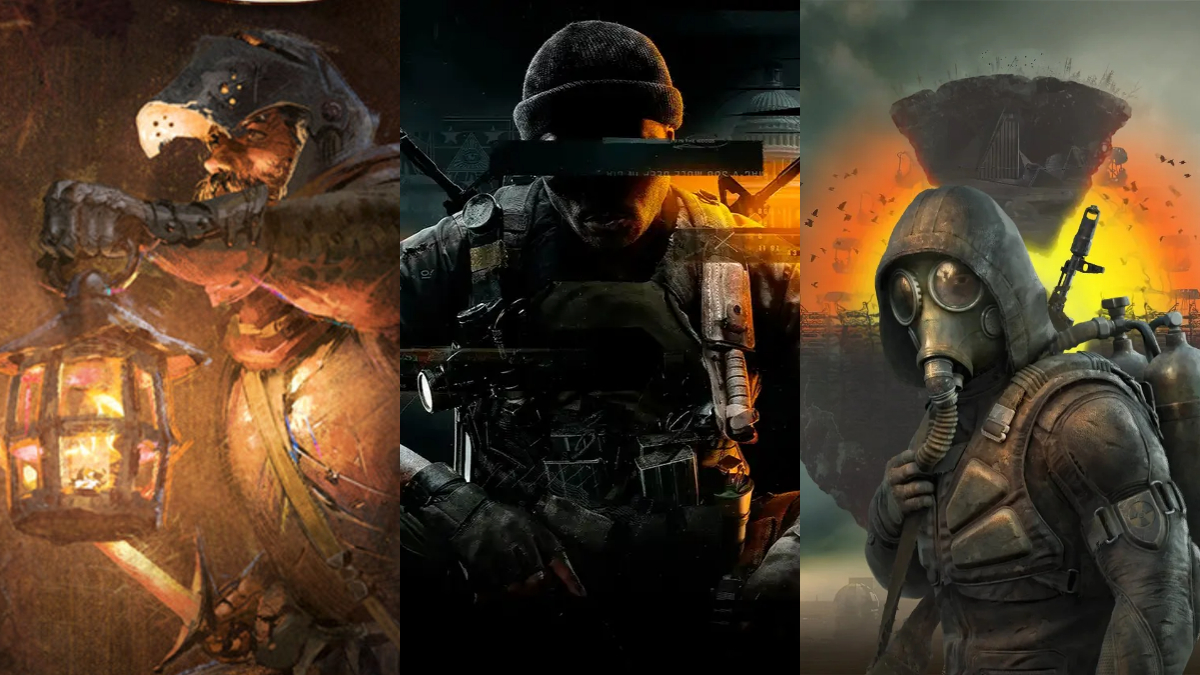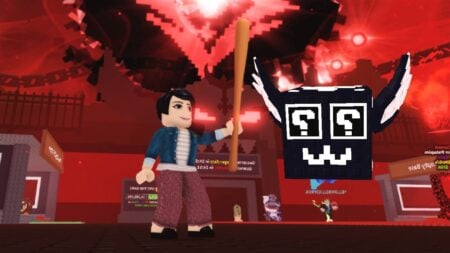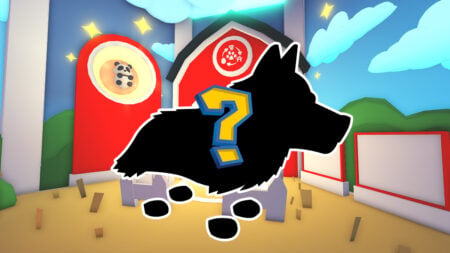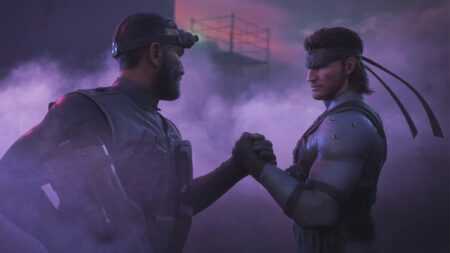Skip To...
Gaming is a political hobby. Most gamers just don’t think about it that way. Disco Elysium and Papers, Please shove politics to the forefront because their politics are the entire point. What about games like Call of Duty though? Does anything separate the adrenaline rush of a hectic Verdansk landing from the way the series sanitizes and mythologizes military violence? When we treat games as a Narnian wardrobe, a vehicle to escape our problems, we forget the problems of Narnia itself. Art is a mirror, though often chipped and shower-fogged. It’s our reflection, and we’re not helping our bedhead by ignoring it.
The Politics Are Already Here
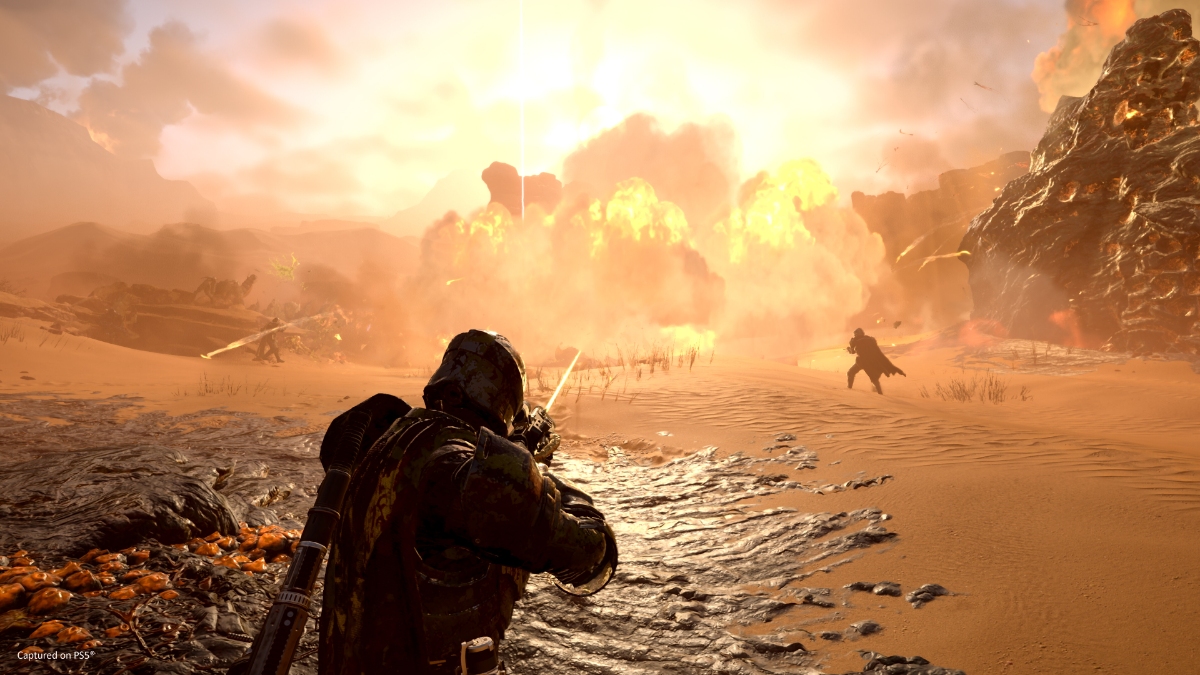
You don’t need to be a lore hound or historian to enjoy Helldivers 2, Yakuza, or Dragon Age. That said, they are far richer and more interesting games when you take them seriously (more seriously than they take themselves, if necessary). Every time you die in Helldivers 2, you start over with a new character. It’s a cool permadeath mechanic. It’s also a marrow-freezing commentary on the disposability of human bodies during war. Nothing’s stopping you from ignoring that, but when there are multiple genocides taking place as you read these words, tunnel vision costs you something.
Ignoring the game’s politics ignores what makes Helldivers 2 valuable as art. Yes, I think we’d find games more fun if we cared more about their politics. You can demolish your fifth Gogeta of the day in Sparking Zero while also examining Dragon Ball‘s positions on community, personal achievement, and mutual defense. Yes, it is that deep, and we diminish Toriyama’s masterpiece when we pretend otherwise. Nothing about that means you have to ditch your evening of gaming, snacks, and pure Yajirobe disrespect.
Gaming as a Political Hobby
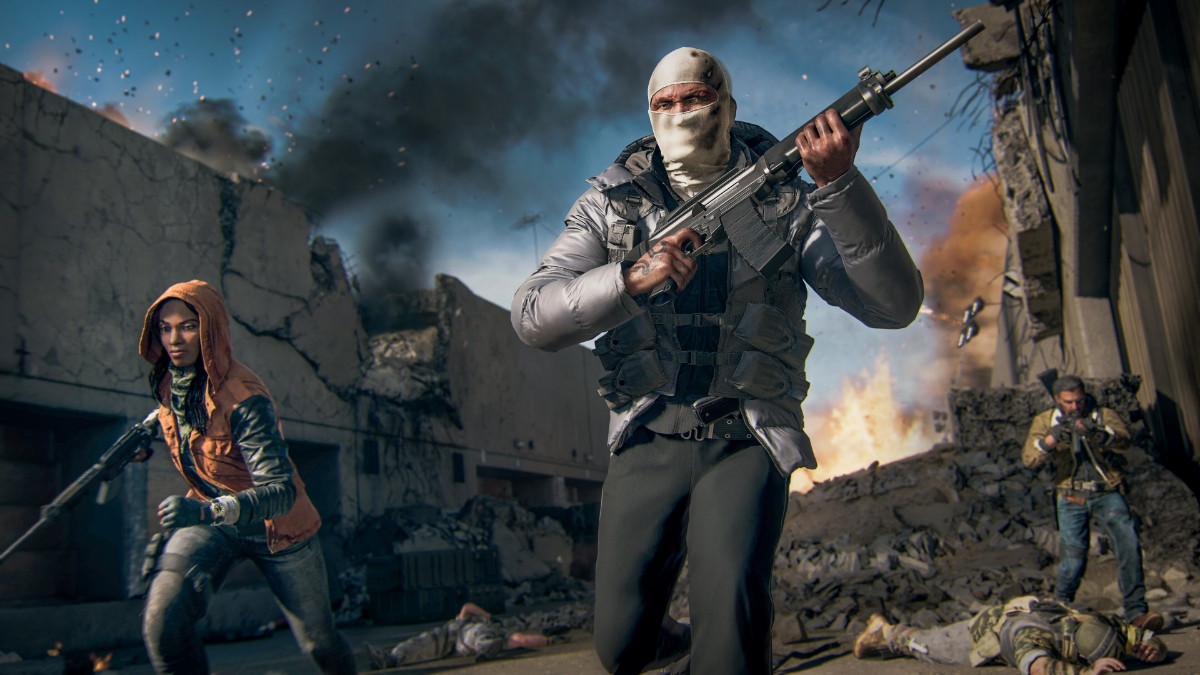
Watch enough Hollywood movies or play enough AAA games developed in the United States, and you become accustomed to a certain brand of political messaging. We expect the buttered popcorn Imperialism, American exceptionalism, copaganda, overestimation of the usefulness of demonization of marginalized communities, and manufactured consent for atrocities, foreign and domestic. It doesn’t matter if you don’t want politics in gaming. The politics are built-in. Every game is the product of human beings with actual positions on actual issues, and pretending otherwise gets us nowhere.
You don’t have to hate Captain Price. You don’t have to produce an 8-hour YouTube deep dive into the philosophical whys of cars having infinite gas in Forza Horizon 5. Although, if you do, I will watch it. Not every game wants to be Spec Ops: The Line, and you aren’t obligated to dissect Stardew Valley like a specimen frog. That said, when you altogether ignore the complexities of games, you do yourself a disservice as a gamer. You’re flattening the experience. You’re free to engage with art however you see fit, but certain forms of engagement and disengagement cost you something. It’s good to at least know the price before you have to pay.
Escapism Isn’t an Airlock
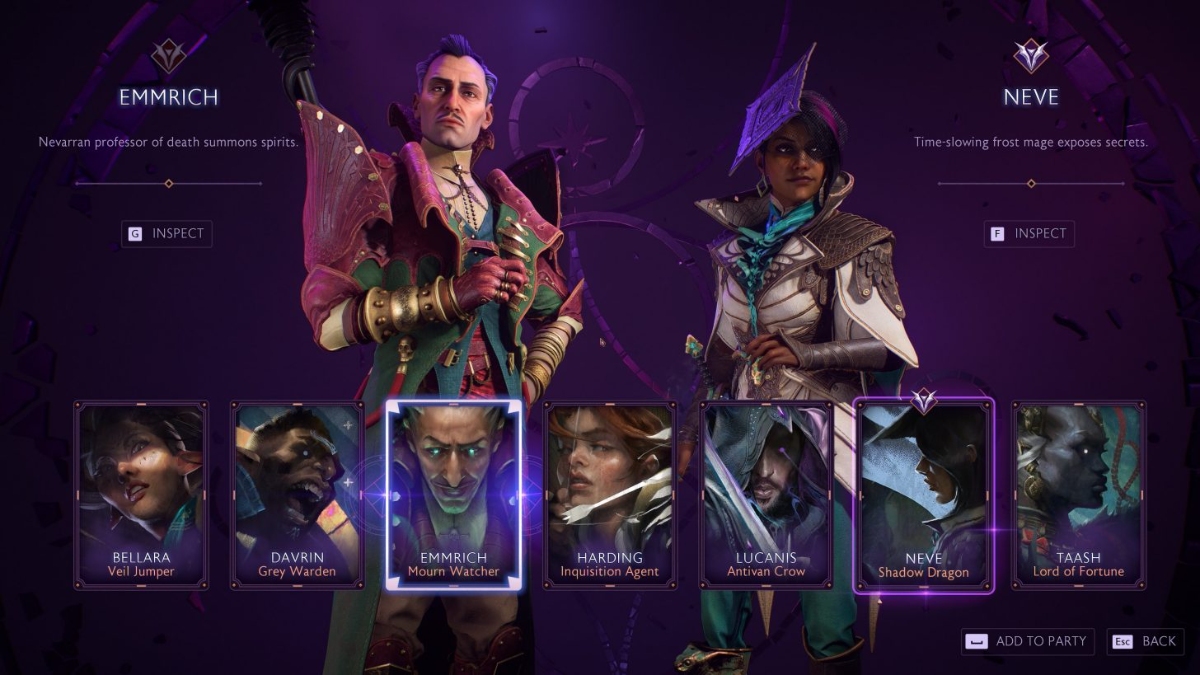
The rise of the indie dev scene means more games from more perspectives. It means more representation of marginalized communities and more social awareness. Games are not becoming political. They always have been, in varying ways. To play a video game is to engage with a piece of art and all its politics, even if that’s not your goal. Escapism isn’t an airlock keeping the hostile vacuum of personal responsibility at bay. We’re still human beings with controllers in our hands. Gaming is a political hobby, and the sooner we embrace that, the more we’ll get from the virtual worlds that bring us so much joy.

